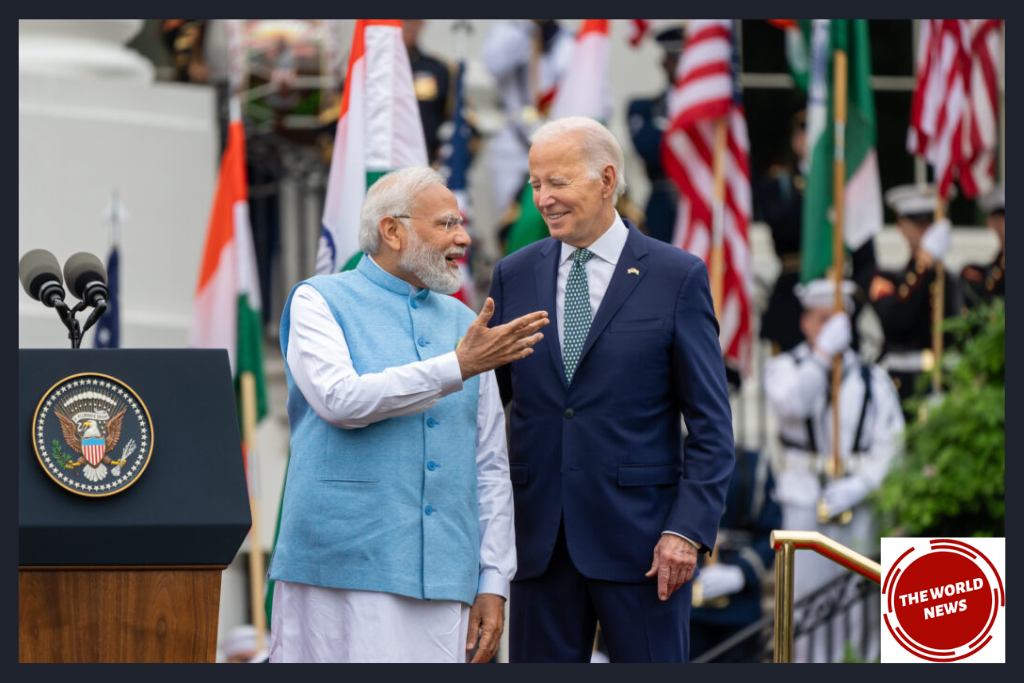Introduction
In a recent statement, the United States State Department spokesperson, Matthew Miller, reaffirmed the commitment of the US government to raise human rights concerns with India. This announcement was made in response to questions about the alleged persecution of Christians in India following the country’s anti-conversion laws.
The issue gains significance as it coincides with US President Joe Biden’s upcoming visit to India for the G20 Summit. This article delves into the statement by Matthew Miller and the broader context of US-India relations concerning human rights.
US Expresses Concerns Over Religious Persecution
During a regular press conference, US State Department Spokesperson Matthew Miller addressed questions about religious persecution in India. He stated that the United States “regularly” engages with countries on human rights concerns and has done so with India in the past.
Moreover, he emphasized that the US government opposes the persecution of religious groups, irrespective of where it occurs in the world. This statement sends a clear message about the United States’ commitment to upholding human rights standards globally.
The Allegations of Christian Persecution in India
The backdrop for these statements is the alleged persecution of Christians in India, particularly in the wake of the country’s anti-conversion laws.
These laws have sparked concerns about religious freedom and have been criticized by organizations such as the Voice of the Martyrs, a Christian non-profit that termed India as “hostile” to Christians.
The allegations of persecution have garnered international attention and raised questions about India’s stance on religious diversity and freedom.
US-India Relations and Human Rights
The relationship between the United States and India is complex and multifaceted, encompassing economic, political, and strategic dimensions. However, human rights have often been a point of discussion and contention in this relationship.
While both countries share democratic values and a commitment to freedom, there have been instances where differences in approach towards human rights have arisen.
President Biden’s Upcoming Visit to India
The timing of this statement gains significance due to President Biden’s upcoming visit to India for the G20 Summit. As leaders of major economies gather to discuss global issues, the question of religious persecution is likely to be a part of the dialogue.
President Biden’s engagement with Indian Prime Minister Narendra Modi provides an opportunity to address these concerns and reaffirm the importance of religious freedom and human rights.
Global Implications
The United States’ stance on human rights and religious freedom carries implications beyond its bilateral relationship with India.
As a global leader, the US plays a role in advocating for these principles on the international stage. The statement by Matthew Miller underscores the United States’ commitment to opposing religious persecution globally.
It serves as a reminder of the broader mission to promote human rights, regardless of geographical boundaries.
Conclusion
The United States reaffirmation of its commitment to raising human rights concerns with India and opposing religious persecution sends a strong message about its dedication to upholding fundamental principles of freedom and equality.
The context of President Biden’s upcoming visit to India adds an important dimension to the discussion. As the world watches these developments unfold, it becomes evident that human rights remain a pivotal aspect of global diplomacy and cooperation.
Stay updated with the latest news at The World News.



